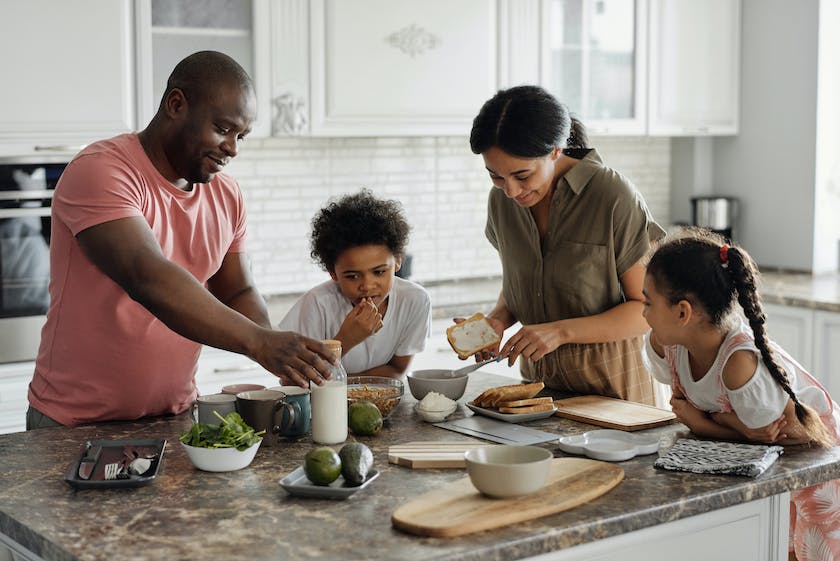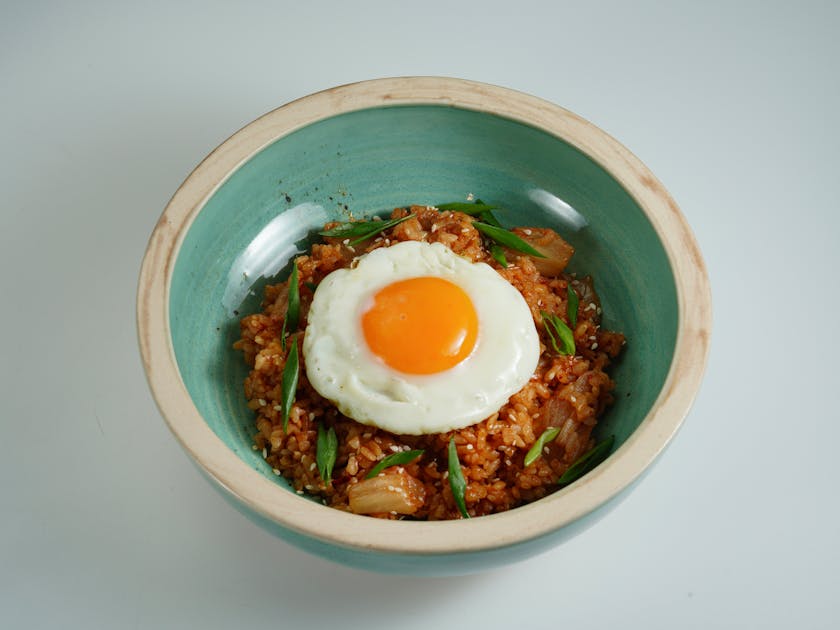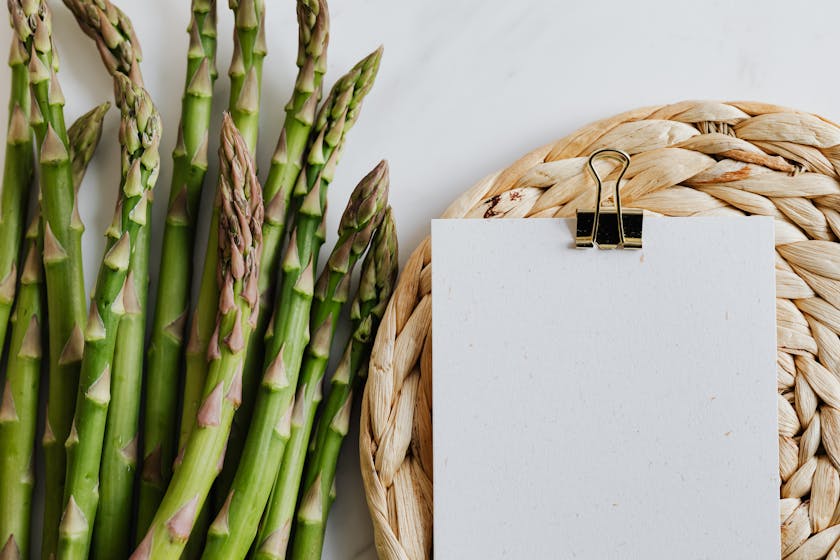When trying to shed pounds, bulk cooking for weight loss can be a game-changer. By dedicating one day each month to preparing and cooking meals in bulk, you not only save time but also control your diet more effectively. Here’s how to embark on a once-a-month cooking journey that aligns with your weight loss goals.
Understanding the Basics of Bulk Cooking for Weight Loss
The first step in your bulk cooking journey is to understand how it can aid in weight loss. The process involves selecting a day to cook large quantities of meals that you then portion, label, and store for future use. This method helps with portion control and ensures that you have healthy options on hand, reducing the temptation to opt for less healthy, convenient foods.
Planning Your Bulk Cooking Menu
Begin with a solid plan. Choose recipes that are high in protein, fiber, and full of nutrients, but low in calories and unhealthy fats. Incorporate plenty of vegetables, lean meats, whole grains, and legumes into your menu. Planning is essential to ensure you have all the ingredients you need for your cooking day.
Shopping for Ingredients
Once you have your recipes selected, make a comprehensive shopping list. Stick to the perimeter of the grocery store where fresh ingredients are typically located. Choosing whole, unprocessed foods is crucial for a successful weight loss regimen.
Prepping Ingredients for Efficient Bulk Cooking
After shopping, wash, chop, and prepare your ingredients. This step can save you a great deal of time on your cooking day. Pre-cut vegetables, marinated proteins, and pre-measured spices will streamline the cooking process.
Executing Your Bulk Cooking Day
On your chosen day, start early and follow your planned recipes. Use a variety of cooking methods such as baking, grilling, and slow-cooking to create diverse and interesting meals. Remember to let dishes cool properly before portioning them out into containers.
Proper Storage Techniques for Your Meals
Invest in quality, airtight containers. Label each with the date and meal contents. This organization will help you track your meal plan and ensure you’re consuming the freshest meals first. Most cooked meals can be refrigerated for a few days, or frozen for longer storage.
Nutritional Considerations for Each Meal
Each meal should be balanced with a good mix of protein, carbs, and fats. Use online tools or apps to calculate the nutritional content of your recipes, adjusting ingredients as necessary to meet your dietary needs.
Integrating Bulk Cooking into Your Weight Loss Strategy
Mix and match your prepared meals throughout the month to keep your diet interesting and avoid boredom. Supplement with fresh salads, fruits, and snacks that don’t require much preparation.
Regular Monitoring and Adjustments
Track your weight loss progress and make adjustments to your meal plans if necessary. Pay attention to how your body responds to the meals and modify portions or ingredients to suit your metabolic needs.
Remember, the key to successful bulk cooking for weight loss is in the preparation. By investing time once a month to cook, you set yourself up for a month filled with healthy, weight-conscious meals. This approach not only aids in weight management but also frees up time during the week for exercise and other activities that support your weight loss journey.



